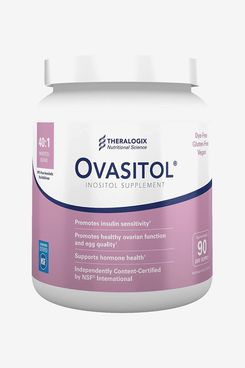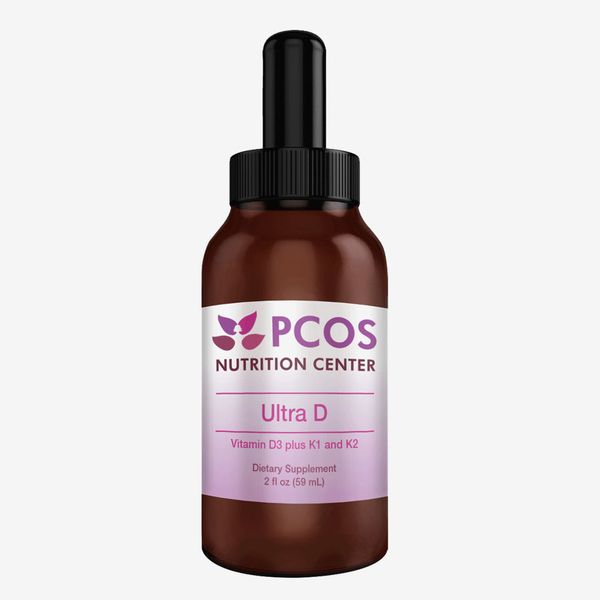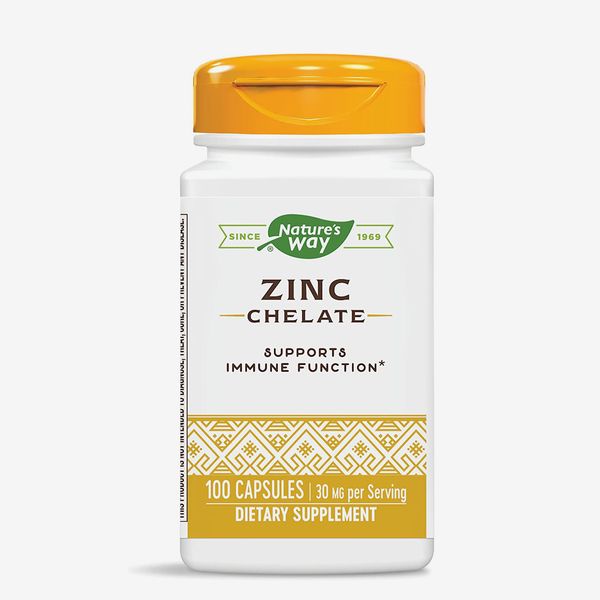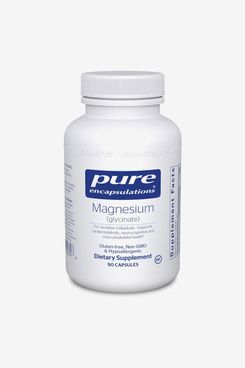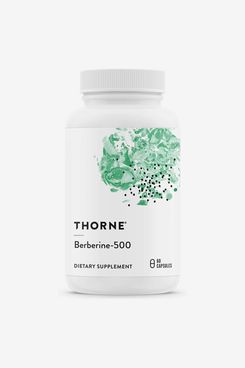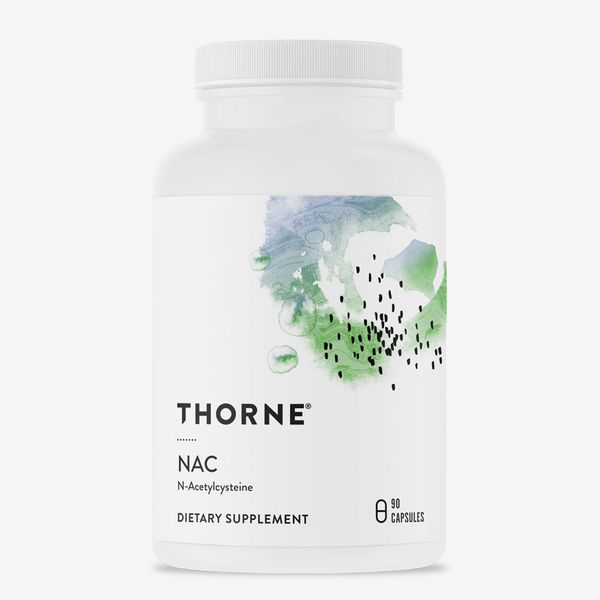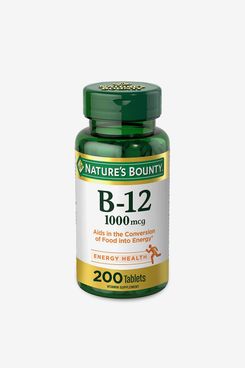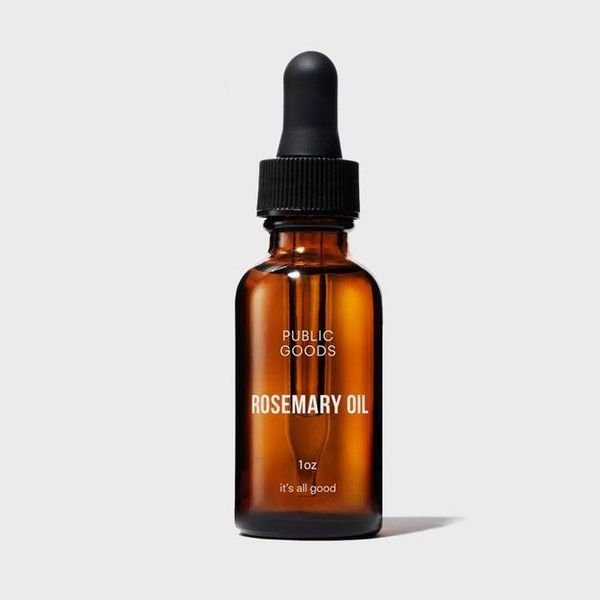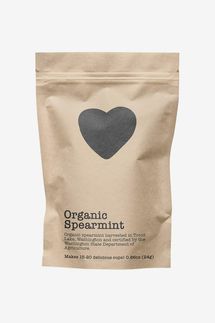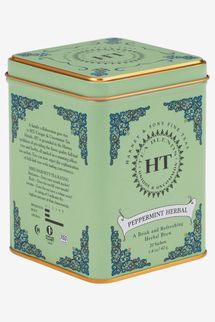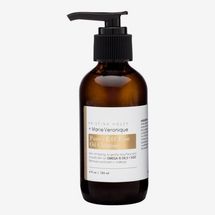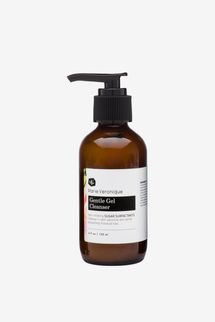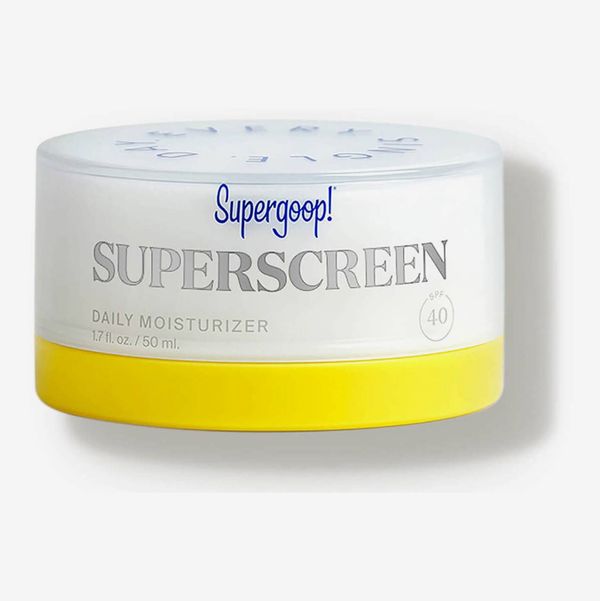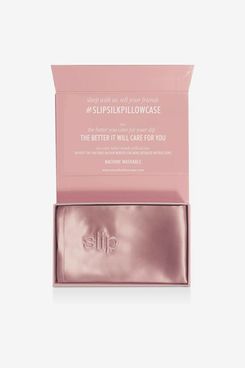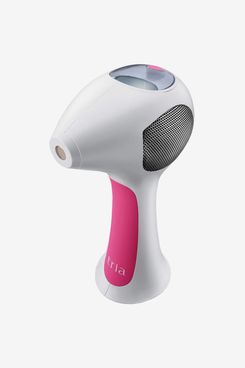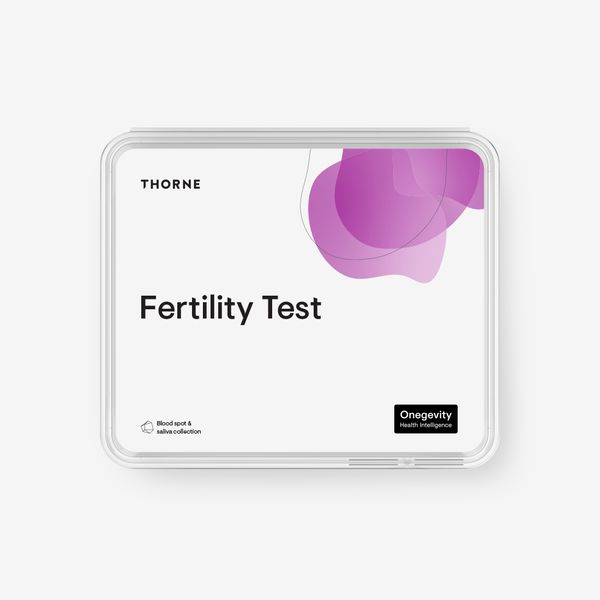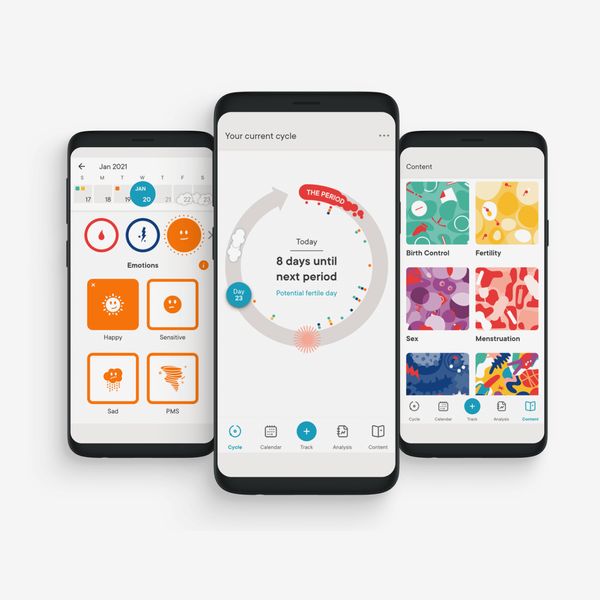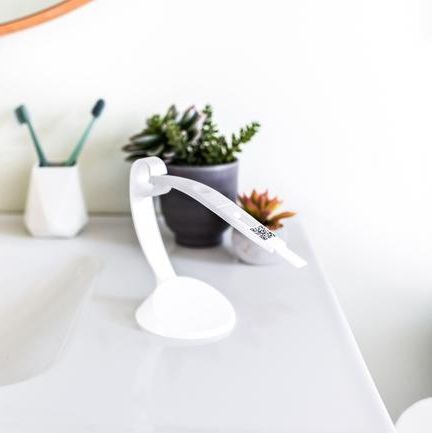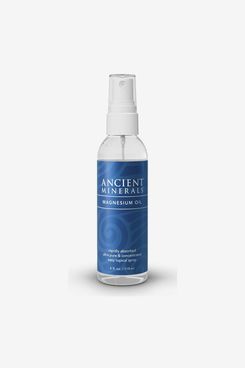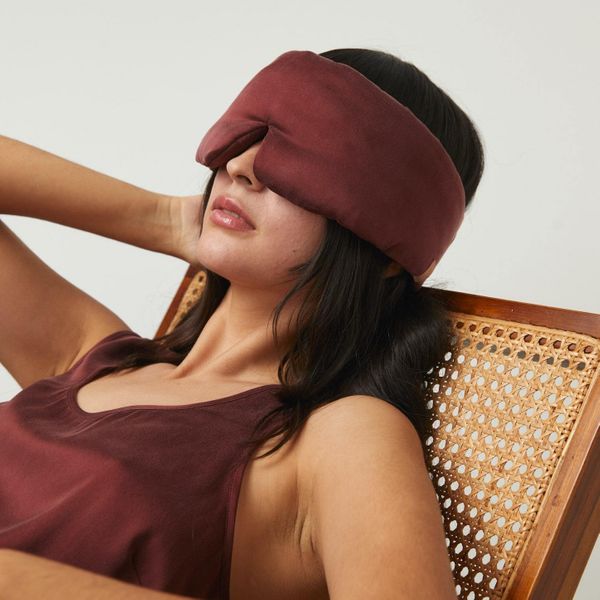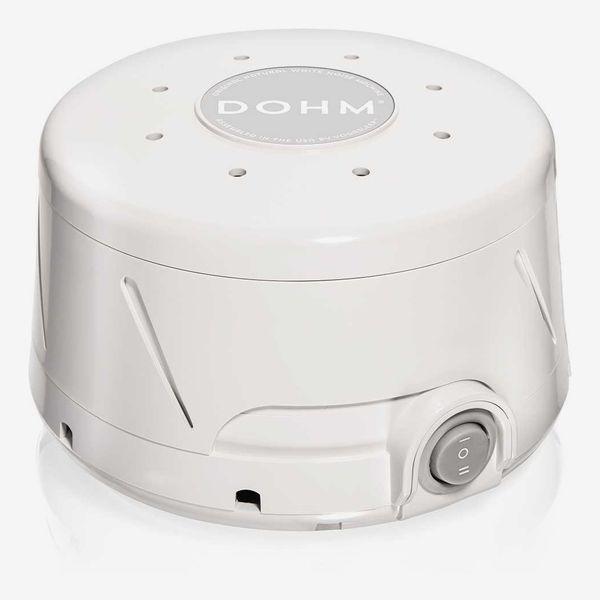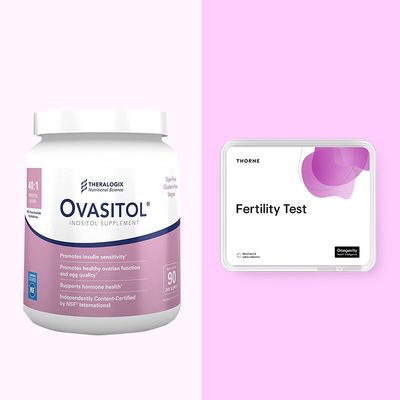
In 2015, My Big Fat Fabulous Life premiered on TLC. The show follows Whitney Thore, a woman struggling with the symptoms of polycystic ovarian syndrome, or PCOS. Watching it was my first time learning about the medical condition, but since then PCOS has become a greater part of the women’s-health discourse, with celebrities including Keke Palmer and Lea Michele coming out to talk about their diagnoses. Shows like My Big Fat Fabulous Life might lead you to believe that the main symptom, or even cause, of PCOS is weight gain, but there are a host of other effects.
PCOS is characterized by higher-than-normal levels of the pituitary hormone, the luteinizing hormone, or androgens like testosterone, which disrupts the hormonal pathway that regulates the menstrual cycle; the most common symptoms are irregular or missed periods, says Devon Klauck, the lead nurse practitioner at Tia. In addition to unwanted weighted gain or difficulty losing weight because of metabolic complications, PCOS can have an impact on fertility and cause hirsutism (unwanted hair growth), hair loss, or acne.
Unfortunately, there is no cure for PCOS, but you can manage the symptoms. Your first step is consulting a health-care professional. We talked to Klauck and five others about their top over-the-counter solutions. Most of their recommendations are vitamins from doctor-recommended brands that are safe for anyone to take, but before you spend the money, ask your doctor to test for deficiencies so you don’t overly or improperly supplement. Your doctor may also recommend diet and lifestyle changes, such as reducing sugar intake, exercise, and proper sleep.
Best OTC supplements for PCOS symptoms
Many people with PCOS are insulin resistant, meaning their bodies make insulin but can’t use it effectively. Normally, when the food you eat breaks down into glucose, your pancreas releases an amount of insulin that enables your cells to absorb the glucose. But when you have PCOS, “there’s just a big surge of insulin that gets secreted like a tsunami,” says Angela Grassi, a member of PCOS Challenge: The National Polycystic Ovary Syndrome Association’s health advisory board and the founder of PCOS Nutrition Center. Inositols can help. Sugars Myo-inositol and D-chiro-inositol have been tested in PCOS to help with insulin signaling, improve egg quality, and promote ovulation. Three of the experts we spoke to sang the praises of inositols, and two mentioned Ovasitol by name. It has the right 40:1 ratio of Myo-inositol to D-chiro-inositol, which endocrinologist Dr. Ana Kausel says is important, especially when shopping in America, where supplements are not regulated. “There was a study that compared 40 Different inositol preparations, and only like 1 percent had what is actually beneficial,” she says. Ovasitol’s ratio is clearly stated on the packaging, and Grassi has seen how well it works in her patients. “I would say 90 percent of my patients get their menstrual cycle regulated within three months,” she says. Grassi, who has PCOS herself, says Ovasitol also helped get her A1C levels down. A1C is the average blood glucose for three months, which can be higher when one of your PCOS symptoms is insulin resistance. “When I was diagnosed with PCOS, my A1C was around 5.6,” Grassi says. “When you get over 5.7, that’s considered a pre-diabetes range. When I took Metformin, which is a common [prescription] medication used in the PCOS population to produce glucose and insulin, it only reduced my A1C to 5.4. I started researching inositol to see if it’s really as good as it sounds, and I tried it for myself, and three months later, my A1C went down to 5.1 and then three months after that, it went down to 4.9.”
Vitamins were also very popular among our experts, with vitamin D being the most frequently recommended. “One study indicated that calcium and vitamin D were helpful for PCOS by assisting with weight loss and regulating menstrual cycles,” says Dr. Amy Roskin, chief medical director of The Pill Club. “Other recent evidence shows that women with PCOS may be vitamin-D deficient, which can lead to additional problems with fertility, so those supplements may be particularly useful to help the condition.” Dr. Kausel also recommends vitamin-D supplements to her patients. She says it can help with insulin resistance and therefore with regulating the menstrual cycles. Grassi agrees and usually recommends anywhere between 2,000 and 4,000 international units, to be taken with fat as vitamin D is fat soluble. She adds that vitamins K1 and K2 help vitamin D absorb better, so her company created a liquid supplement that has all three ingredients in it.
Zinc is another popular supplement among our experts, as it “inhibits testosterone from converting to its active form,” says Grassi, which means it’s a great option for people experiencing PCOS-related acne or hirsutism.
Dr. Roskin says people with PCOS are 19 times more likely to be deficient in magnesium. She and Klauck also said magnesium supplementation can improve insulin resistance.
“Berberine is an herbal supplement that’s pretty potent,” says Grassi. “It has been compared to Metformin for its ability to lower glucose and insulin. And it’s good for fatty liver and cholesterol.” Klauck also says it can promote ovulation and reduce testosterone production.
N-Acetylcysteine has been compared to metformin (a commonly prescribed medication) in studies, says Grassi. “And NAC has actually been shown to work equally as well as metformin, if not slightly better than it, for improving cholesterol and insulin in PCOS,” she says. It’s an antioxidant that Klauck says may help lower androgen levels and “improve cervical mucus quality, which can be beneficial for fertility.”
“An awful lot of women who take Metformin or oral contraceptives have lower levels of vitamin B12,” says Grassi, so she normally recommends a supplement to those patients after checking their levels. Everyone needs sufficient B12 in their system. It’s essential for energy production and neuro pulsatility, which plainly means “if you get a deficiency in B12, it can cause permanent nerve damage.” It can also cause mood shifts and fatigue.
Best OTC options for cosmetic PCOS symptoms
Male-pattern baldness is one of the side effects of PCOS. Klauck recommends massaging rosemary oil into the scalp to “stimulate hair growth by reducing the androgen effect on hair follicles.”
Bailey Haddad is the founder of She Syncs, which helps people balance hormones and heal PCOS. She has PCOS herself and describes acne as one of the symptoms she struggled with the most. “It was very painful, physically and emotionally,” she says. “It really impacted my self esteem, my confidence. At one point, I wouldn’t even come out of my room without a full face of makeup on, so I’m passionate about helping people with acne.” One thing that worked for her and she recommends to others is spearmint tea. “There’s research that suggests that drinking a cup of spearmint tea twice a day can help reduce androgen levels like testosterone, reduce skin inflammation, and reduce the severity of acne.” Haddad says. Similarly, Klauck recommended peppermint herbal tea. The main difference between the two are the menthol levels, so if you prefer a stronger tea, peppermint might be easier to knock back twice a day.
We have lots of different guides to getting rid of acne and healing scars, but something that Haddad likes to do is double cleanse with Marie Veronique products at night to ensure her skin is free of bacteria before sleeping: “I start with a pump of the Pure + E.O Free Oil Cleanser. I massage this on my face for one to two minutes. I place a small microfiber cloth under warm or hot water, then gently press the cloth on my face for 15 to 20 seconds, wipe the skin to remove any remaining residue, then cleanse with its Gentle Gel Cleanser.”
At the Strategist, we are fans of daily sunscreen use for a number of reasons. Haddad recommends it because UV damage can actually make acne worse. “It took me a while to find a non-comedogenic sunscreen that didn’t clog pores and contribute to breakouts,” she says, but she finally came across this one by Supergoop!, a daily moisturizer with 40 SPF that she describes as “non-greasy and very moisturizing.”
“Pillowcases are notorious for holding onto dirt, oil, and bacteria, which can clog pores and contribute to acne,” says Haddad. To combat this, she likes to change her pillowcase as often as possible. She likes using a silk one, as it’s gentler on the skin. We’ve also been told by dermatologists that they help reduce hair frizz and skin irritation. This particular one from Slip has many fans, including celebrities like Kristen Bell and Kourtney Kardashian.
Unwanted hair growth is just as prevalent as unwanted hair loss in the PCOS community. Haddad knows that hormonal hair growth is harder to treat, which is why she recommends laser hair removal to her She Syncs clients. It’s something she’s done regularly for herself. You’ll likely get the best results at a salon, after consulting with a derm of course, but this at-home device has been recommended to us by professionals who say it’s safe to use on fair skin with caution.
Best fertility programs for PCOS
If you’re trying to get pregnant, Dr. Amy Divaraniya, CEO of Oova, recommends Thorne’s Fertility Test, an at-home blood-and-saliva test that analyzes your fertility. “This will provide a snapshot measurement of a woman’s reproductive-hormone levels and evaluate her thyroid function and stress responses,” Dr. Divaraniya says. “This information could be very useful for those diagnosed with PCOS, as thyroid issues are common for these women.” Along with your results, Thorne will provide a personalized treatment plan to improve your fertility health.
Dr. Divaraniya says tracking your period in an app like Clue can also be helpful. It “will allow women to start listening to their bodies and notice slight changes that occur at various points in their cycle,” she says. If you are using any of the above supplements or prescription medications, you will also be able to track how they are working as your cycle becomes more regular.
Of course, as the CEO, Dr. Divaraniya also recommends Oova, a tool that can help those with PCOS detect and confirm ovulation as well as their most fertile window. It’s an at-home urine test that, unlike most, you don’t have to send back to a lab. Simply scan a QR code with an app on your phone to receive your results and an action plan instantly. Oova works by measuring luteinizing hormone and progesterone. “For someone who has PCOS, and an irregular cycle as a result, hormonal testing can be helpful in determining ovulation windows when it’s otherwise hard to tell when you’re ovulating or if you’re ovulating at all,” says Dr. Roskin. Oova learns each user’s hormone baseline so that when there’s a deviation from that baseline, the device can tell where the user is in their cycle (no matter if they’re menstruating regularly or not). This type of measurement is ideal for women with PCOS, as they often have hormone imbalances that render traditional ovulation tests inaccurate. The Oova can also alert the user if they’re not ovulating at all.
Best sleep aids for PCOS
As previously mentioned, lifestyle changes are incredibly important when it comes to PCOS treatment. Klauck recommends an anti-inflammatory diet, rich in protein, fiber, and soy, as well as moderate exercise. She also reminds us how important prioritizing sleep is. “Consistent, good-quality sleep is beneficial in maintaining a healthy weight, balancing mood, and reducing risk of developing diabetes or cardiovascular disease,” she says. “Lack of sleep can also impact your hunger home hormones and make you feel hungrier and it can impact your immune system,” Haddad continues, noting that “sleep deprivation can lower your moods, and that less sleep can also trigger a release of testosterone and cortisol, which can make people feel irritable, aggressive, and angry.” Thus getting a good night’s sleep is helpful not only for symptom management but your overall mental health.
If you’re having trouble sleeping, Haddad recommends a topical magnesium. “Magnesium absorbs into the skin quickly and helps with muscle relaxation,” she says. This magnesium-oil spray is a highly concentrated solution of magnesium chloride and water, which she “sprays on my legs and feet, basically the lower half of my body, ten to 15 minutes before I go to bed, and it really helps release tense muscles and gives me an overall sense of relaxation.”
Wearing a sleep mask at night helps her as well. “Sleep masks can help people fall asleep faster, improve sleep quality, and increase overall relaxation,” she says. To those shopping for one, she recommends finding something that actually blocks out the light and fits your face. For her, it’s this Lunya mask, which is padded and covers much more than just the eyes, ensuring no light creeps in. It’s made from machine-washable silk, which she appreciates for being “antibacterial, lightweight, and gentle on the skin.”
Another favorite sleep aid of Haddad’s (and ours) is this classic white-noise machine. “I actually travel with it,” says Haddad. “It drowns out external noise and gives an overall sense of calm.”
The Strategist is designed to surface the most useful, expert recommendations for things to buy across the vast e-commerce landscape. Some of our latest conquests include the best acne treatments, rolling luggage, pillows for side sleepers, natural anxiety remedies, and bath towels. We update links when possible, but note that deals can expire and all prices are subject to change.

